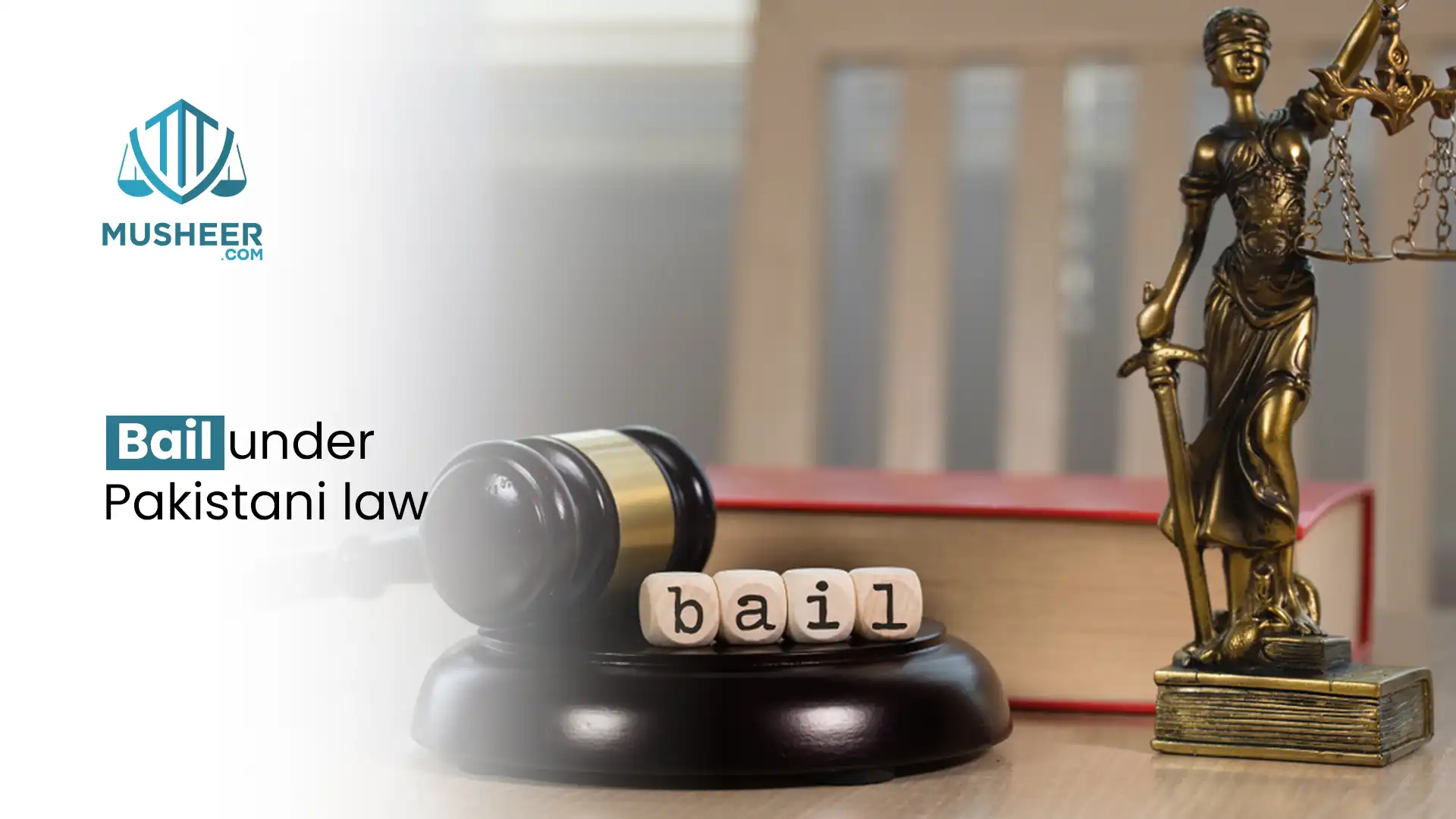The Pakistan Penal Code (PPC) is the primary criminal code of Pakistan, which sets out various offences and their corresponding punishments. However, there are certain situations where an act that would otherwise be an offence is exempt from punishment. These are known as general exceptions and are provided under Sections 76 to 106 of the PPC. Here are some of the most common general exceptions to offences provided in the PPC:
I. Private Defence
Section 96 of the PPC provides that a person is not guilty of an offence if they use force to defend themselves or their property from an unlawful attack. The force used must be proportionate to the threat posed.
Section 96 reads as:
96. Things done in private defence:
Nothing is an offence which is done in the exercise of the right of private defence.
Section 97 of the PPC expressly provides that the right of private defence extends to the life and body of a person, any other person or his property or the property of another, immovable or moveable.
97. Right of private defence of the body and of property:
Every person has a right, subject to the restrictions contained in Section 99, to defend;
First: His own body, and the body of any other person, against any offence affecting the human body;
Secondly: The property, whether movable or immovable, of himself or of any other person, against any act which is an offence falling under the definition of theft, robbery, mischief or criminal trespass, or which is an attempt to commit theft, robbery, mischief or criminal trespass.
II. Accident
Section 80 of the PPC states that a person is not guilty of an offence if they commit an act by accident or mistake, and there was no intention to commit the offence. The most important element in a criminal offence is the mens rea, or simply put, the intention of the offender to commit an offence. In the absence of such intention, an act, even though an offence, committed by accident is not punishable.
Section 80 reads as:
80. Accident in doing a lawful act:
Nothing is an offence which is done by accident or misfortune, and without any criminal intention or knowledge in the doing of a lawful act in a lawful manner by lawful means and with proper care and caution.
III. Necessity
Section 81 of the PPC provides that a person is not guilty of an offence if they commit the act under the compulsion of necessity. For example, if a person breaks into a house to save someone from a fire. Even though such a person will be trespassing on the property of another, however, he will not be guilty of committing trespass due to the event that necessitated his committing of crime. To successfully use the defence of necessity, the act must be done in good faith, meaning that the person genuinely believed that the act was necessary to prevent harm. Additionally, the act must be proportionate to the harm being prevented.
Section 81 reads as:
81. Act likely to cause harm, but done without criminal intent, and to prevent other harm:
Nothing is an offence merely by reason of its being done with the knowledge that it is likely to cause harm if it is done without any criminal intention to cause harm, and in good faith for the purpose of preventing or avoiding other harm to a person or property.
IV. Consent
Section 87 of the PPC states that an act that would otherwise be an offence is not punishable if it is done with the consent of the person affected by the act. For example, a boxing match where both parties have consented to the physical contact.
Section 87 reads as:
87. Act not Intended and not known to be likely to cause death or grievous hurt, done by consent:
Nothing which is not intended to cause death, or grievous hurt, and which is not known by the doer to be likely to cause death or grievous hurt, is an offence by reason of any harm which it may cause, or be intended by the doer to cause, to any person, above eighteen years of age, who has given consent, whether express or implied, to suffer that harm; or by reason of any harm which it may be known by the doer to be likely to cause to any such person who has consented to take the risk of that harm.
V. Insanity
Section 84 of the PPC provides that a person is not guilty of an offence if, at the time of committing the act, they were incapable of knowing the nature of the act or that it was wrong due to unsoundness of mind.
Section 84 reads as:
84. Act of a person of unsound mind:
Nothing is an offence which is done by a person who, at the time of doing it, by reason of unsoundness of mind, is incapable of knowing the nature of the act, or that he is doing what is either wrong or contrary to law.
VI. Infancy
Sections 82 and 83 of the PPC provide that a child under the age of seven is not capable of committing an offence because he is incapable of forming necessary mens rea for an offence, and a child over the age of seven but under the age of 12 is presumed to be incapable of committing an offence unless it is established that he has attained maturity of understanding to judge the nature and consequences of his conduct. Therefore, an offence committed by such a child is not punishable.
Sections 82 and 83 read as:
82. Act of a child under seven years of age: Nothing is an offence, which is done by a child under seven years of age.
83. Act of a child above seven and under twelve of immature understanding:
Nothing is an offence which is done by a child above seven years of age and under twelve, who has not attained sufficient maturity of understanding to judge of the nature and consequences of his conduct on that occasion
VII. Compulsion
Section 94 of the PPC provides that a person is not guilty of an offence if they commit the act under the threat of death or grievous hurt to themselves or another person. If the person is so compelled to do such act by threats that reasonably cause the apprehension that instant death will be the consequence of not doing the act, the person shall not be guilty of an offence.
However, this defence is not available for the offence of murder or any offence against the state that is punishable by death.
To successfully use the defence of compulsion, the person must have reasonably believed that if they did not commit the act, they would face instant death. Additionally, the person must not have placed themselves in the situation where they became subject to such constraint voluntarily or due to a reasonable apprehension of harm to themselves short of instant death.
Section 94 reads as:
94. Act to which a person is compelled by threats:
Except for murder, and offences against the State punishable with death, nothing is an offence which is done by a person who is compelled to do it by threats, which, at the time of doing it, reasonably cause the apprehension that instant death to that person will otherwise be the consequence:
Provided the person doing the act did not of his own accord, or from a reasonable apprehension of harm to himself short of instant death, place himself in the situation by which he became subject to such constraint.
VIII. Mistake Of Fact
Section 76 of the PPC provides for a defence against criminal liability for an act that is done by a person who is bound by law to do it or who, by reason of a mistake of fact and in good faith, believes themselves to be bound by law to do it. This defence is commonly known as the defence of legal obligation or mistake of fact.
Under this defence, a person can argue that they committed an act that would otherwise be an offence because they were legally obligated to do so or they mistakenly believed that they were legally obligated to do so. The mistake of fact must be reasonable, meaning that a reasonable person in the same situation would have made the same mistake.
Section 76 reads as:
76. Act done by a person bound, or by mistake of fact believing himself bound, by law:
Nothing is an offence which Is done by a person who is, or who by reason of a mistake of fact and not the reason of a mistake of law in good faith believes himself to be, bound by law to do it.
IX. Act Causing Slight Harm
Section 95 of the PPC provides for a defence against criminal liability for an act that causes slight harm. This defence applies to acts that cause harm, or are intended to cause harm, or are known to be likely to cause harm, but where the harm caused is so slight that a person of ordinary sense and temper would not complain about it. This defence recognizes that minor harm or injury that is not significant enough to be complained about by a person of ordinary sense and temper should not be considered a criminal offence.
Section 95 reads as:
95. Act causing slight harm:
Nothing is an offence by reason that it causes, or that it is intended to cause, or that it is known to be likely to cause, any harm, if that harm is so slight that no person of ordinary sense and temper would complain of such harm.
However, it is noteworthy that these general exceptions/defences in the PPC are not absolute. They have specific requirements and limitations and those requirements need to be fulfilled to avail of any general exception.









